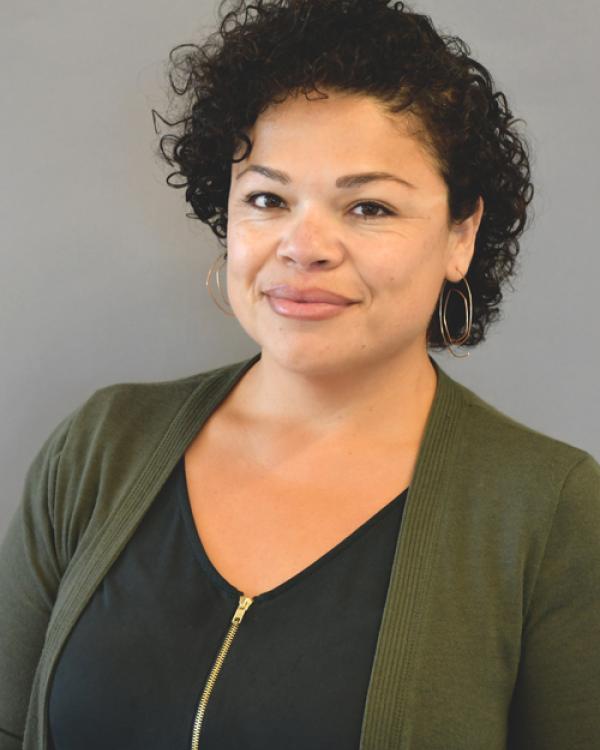
Dr. Alison Cerezo, Assistant Professor of Counseling Psychology, guest edited a special issue of the Journal of Latinx Psychology that focused on Latinx LGBTQ issues. Released on January 16, the issue is the first ever collection of papers on sexual and gender diverse Latinxs.
The Journal of Latinx Psychology is a peer-reviewed academic journal published by the American Psychological Association. One of the goals of the journal is to be as inclusive as possible with respect to gender and sexual diversity, and advance knowledge in these areas. This special issue is the first publication devoted to SGD communities, and each paper provides knowledge on topics such as nonverbal and contextual disclosure strategies, understanding how ethnic and SGD discrimination are related to mental health, and learning how intersectional minority stress is experienced.
Also in this issue, Gevirtz Graduate School of Education faculty members Tania Israel and Melissa Morgan Consoli co-authored a paper with Counseling, Clinical, and School Psychology alum Kevin DeLucio. The paper discusses their study, which focuses on extending the idea of and highlighting the nuances of coming out. The study also qualitatively explores how gay Mexican American men utilize nonverbal gay identity disclosure strategies.
Alison Cerezo is an Assistant Professor of Counseling Psychology in the Department of Counseling, Clinical, and School Psychology. She received her B.A. in Psychology and Women & Gender Studies (double majors) from UC Los Angeles; M.A. degree in Psychology, Research Emphasis from CSU Los Angeles; and Ph.D. in Counseling Psychology from the University of Oregon. Prior to joining the faculty at UCSB, Dr. Cerezo was an Associate Professor in the Department of Counseling, College of Health and Social Sciences, San Francisco State University where she coordinated the College Student Personnel Counseling Specialization (2013-2018) and served as Affiliate Faculty with the Health Equity Institute.
Cerezo’s primary line of research centers on reducing social and health disparities for sexual and gender diverse communities. Most recently, her work has focused on the links between stigma, discrimination and alcohol misuse and alcohol risk behaviors in sexual minority women. She is also interested in reducing barriers to mental health treatment for this community. Dr. Cerezo uses qualitative, quantitative and mixed methodologies and has carried out research on sexual and gender diverse communities in the U.S. and Mexico.
Cerezo's scholarly work is rooted in an intersectional and critical race theory perspective--always cognizant of the ways systems of power impact health outcomes and can thus be changed to better serve underserved communities.